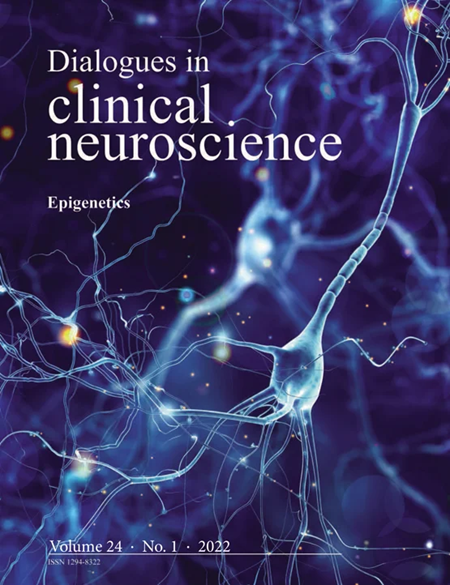具有临床显著精神病特征的个体的功能性神经认知障碍
IF 8.3
2区 医学
Q1 Medicine
引用次数: 8
摘要
本综述的主要目的是考虑在具有临床显著精神病特征(即内疚/共情减少和冲动/反社会行为增加)的个体中看到的功能障碍神经认知的主要形式。第二个目标是检查这些形式的功能障碍在具有精神病特征的成年人和具有临床显著反社会行为的青少年中所见的程度,这些反社会行为也可能涉及冷酷无情的特征(减少内疚/同理心)。神经认知的两种主要形式是情绪反应(对悲伤/疼痛线索和更普遍的情绪刺激)和奖励相关处理。高度相关的神经认知形式,对药物线索和道德判断的反应,也进行了讨论。由此得出结论,情绪反应和道德判断的功能障碍会增加青春期和成年期的攻击风险。然而,包括药物线索在内的奖励相关加工的减少,只在具有临床显著反社会行为的青少年中持续存在,而在患有精神病的成年人中则没有。本文章由计算机程序翻译,如有差异,请以英文原文为准。
Dysfunctional neurocognition in individuals with clinically significant psychopathic traits
The main goal of this review is to consider the main forms of dysfunctional neurocognition seen in individuals with clinically significant psychopathic traits (ie, reduced guilt/empathy and increased impulsive/antisocial behavior). A secondary goal is to examine the extent to which these forms of dysfunction are seen in both adults with psychopathic traits and adolescents with clinically significant antisocial behavior that may also involve callous-unemotional traits (reduced guilt/empathy). The two main forms of neurocognition considered are emotional responding (to distress/pain cues and emotional stimuli more generally) and reward-related processing. Highly related forms of neurocognition, the response to drug cues and moral judgments, are also discussed. It is concluded that dysfunction in emotional responsiveness and moral judgments confers risk for aggression across adolescence and into adulthood. However, reduced reward-related processing, including to drug cues, is only consistently found in adolescents with clinically significant antisocial behavior, not adults with psychopathy.
求助全文
通过发布文献求助,成功后即可免费获取论文全文。
去求助
来源期刊

Dialogues in Clinical Neuroscience
Medicine-Psychiatry and Mental Health
CiteScore
19.30
自引率
1.20%
发文量
1
期刊介绍:
Dialogues in Clinical Neuroscience (DCNS) endeavors to bridge the gap between clinical neuropsychiatry and the neurosciences by offering state-of-the-art information and original insights into pertinent clinical, biological, and therapeutic aspects. As an open access journal, DCNS ensures accessibility to its content for all interested parties. Each issue is curated to include expert reviews, original articles, and brief reports, carefully selected to offer a comprehensive understanding of the evolving landscape in clinical neuroscience. Join us in advancing knowledge and fostering dialogue in this dynamic field.
 求助内容:
求助内容: 应助结果提醒方式:
应助结果提醒方式:


